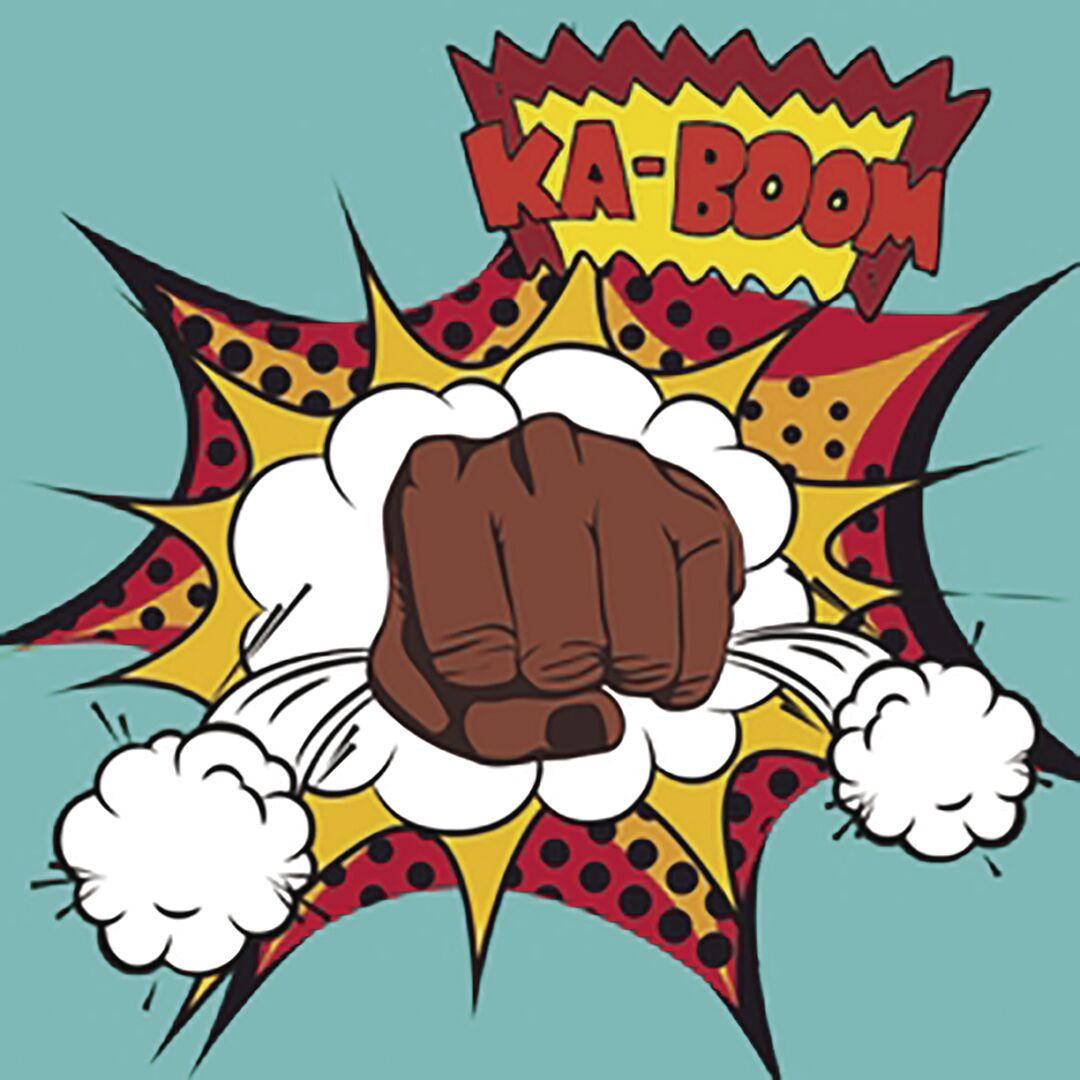Back before Antifa was punching Nazis in the name of Captain America, T’Challa debuted in 1966 to wage his own war on white supremacy, both symbolically and literally. As Black Panther confronts the KKK in the United States during his adventures in Jungle Action Issue #19 we start to see the role the African monarch will ultimately fill in the mainstream media.
In the beginning of mainstream media and film, African Americans were depicted as unintelligent, cowardly, lazy, criminal and savage. As time has moved on and it has become unacceptable for overtly racist stereotypes to be portrayed in film, the black man has been relegated to certain archetypes of criminal or the comic relief often present only to reinforce a white protagonist.
Upon the rare chance a black man is allowed to carry his own film outside of these archetypes, it can usually only be a story in which he is subservient in some way.
Take 2013 for example, 469 feature films were released. Twenty-one featured single black protagonists. Seventeen were stories of a racist United States or depicted African Americans in the aforementioned archetypes. The four movies that were original black stories made just under $13 million combined and won no awards, but “12 Years A Slave” grossed $36 million alone and won an Oscar and a Golden Globe. That means four percent of Hollywood movies were black stories while African Americans make up about 13 percent of all tickets sold.
It is clear some remnants of white supremacy linger around Hollywood, but Black Panther marks a new milestone for the industry.
To understand Black Panther’s impact, you also have to understand comic book characters are a reflection of the culture they are born in, and at their core, are based on ideals.
Superman, the most iconic hero of all time was what “every” man wishes he could be. By “every,” I mean the only people who were considered important at the time, middle to upper-class white men.
In the 1930s, the qualities the dominant culture valued most are reflected in Superman: tall and wide stature, a maxed-out muscle capacity, patriot of the United States, with dark hair, a hard jaw and charm. His super strength, super speed, fatal attacks like heat vision and ice breath and invulnerability are perfect for the post-WWII society he was created in. His power set represents the patriarchy’s obsession with physical dominance and power. Superman is well known as the most powerful character in comics, but none of his powers are centered around his intellect, strategy or the mystical powers of his culture.
That is what makes Black Panther so important. He was arguably the first and one of the few black characters that depict African Americans as full characters higher than the stereotypes often pushed in media.
He is the antithesis of the narrative of African Americans white supremacy would like to perpetuate.
Black Panther is Captain America’s equal physically and his superior in hand to hand combat as he knows more fighting styles and has had more training than the Captain. He is the 7th most intelligent person in the Marvel Universe while being king of the most technologically advanced country in the world, outfitted with a women-only elite fighting team as his special ops unit. Not only does ruling a country put his pockets deeper than Tony Stark and Batman, his country is the only place to get more of the metal that Captain America’s shield is made of, so the rest of the world is constantly conspiring to steal technology from the country.
Black Panther represents more than muscles in black spandex—he takes the demeaning image of African Americans and stuffs it back into the faces of those who believe in it.
The idea of a black man having the power and control the white supremacist obsesses over and using it to foster the prosperity of his own people is an image that can be triggering for much of America, and I am here to support it. Black Panther is the personified black middle finger that I would like to give to every racist institution in America, and I am glad he is finally making his debut on the big screen in 2018.
-Carrington Tatum is an Electronic Media Freshman
Black Panther fights crime and white supremacy
July 14, 2017
By Flor Barajas
Photo Illustration by Flor Barajas
Donate to The University Star
Your donation will support the student journalists of Texas State University. Your contribution will allow us to purchase equipment and cover our annual website hosting costs.



















